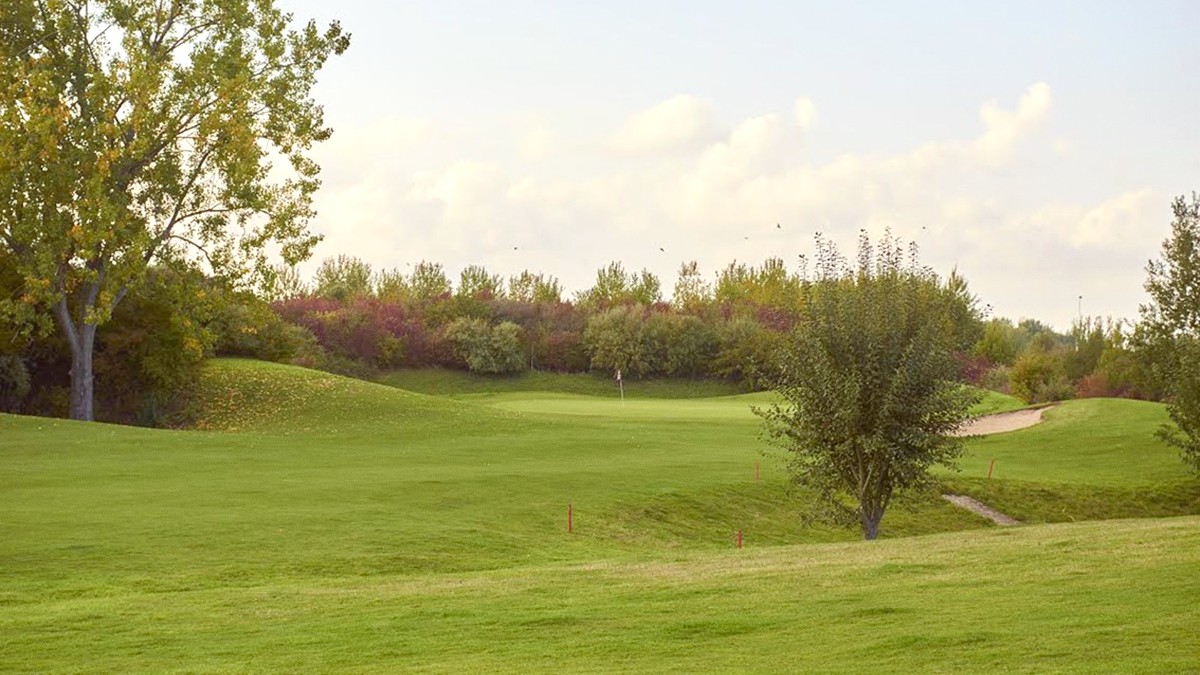
Northern France, France
City parks like Parc de la Citadelle contribute to urban biodiversity. Regional parks, like Parc Naturel Régional Scarpe-Escaut, protect local ecosystems.
France has developed recycling programs. Look for separate bins for glass, plastic/metal, and paper. Follow local guidelines for waste separation.
Lille's tap water is safe to drink. Conservation is encouraged. Mind your water use at hotels to reduce demand on local resources.
Cultural sensitivity enhances a rewarding and respectful travel experience in Lille. Your interactions deepen your understanding.
Support local artisans, traditional restaurants (`estaminets`), and museums that actively preserve local heritage. Purchasing local crafts and regional dishes sustains these traditions.
Look for hotels with "Green" certifications or other environmental labels. These indicate environmentally responsible practices.
Mindful interactions and eco-friendly choices enrich your journey and benefit the community.
Your choices as a traveler directly influence Lille's economy.
Prioritize local restaurants, shops, and tour guides. This sustains local jobs and unique small businesses that shape Lille's character, contrasting with large, often foreign-owned, chains.
Seek out local producers at markets like Marché de Wazemmes. Consider specific fair trade shops for purchases. Be aware of product origins.
Your generosity can make a real difference in the community.
Support established local charities. This aids vulnerable populations effectively.
Direct giving to beggars is generally discouraged; it may not provide lasting help.
Organizations assisting the homeless present a more impactful way to contribute.
By supporting local businesses, you directly aid Lille's unique character and community well-being.
Prioritize independent restaurants and cafes for an authentic culinary experience.
Purchase souvenirs and gifts directly from local artisans and markets.
Opt for guided tours led by residents for insights and direct support.
If you wish to donate, choose established and reputable local charities. This ensures your contribution effectively aids vulnerable populations.
Supporting organizations that assist the homeless or disadvantaged is often a more impactful way to contribute than direct giving to beggars.
Your thoughtful contributions foster long-term community well-being and local development.